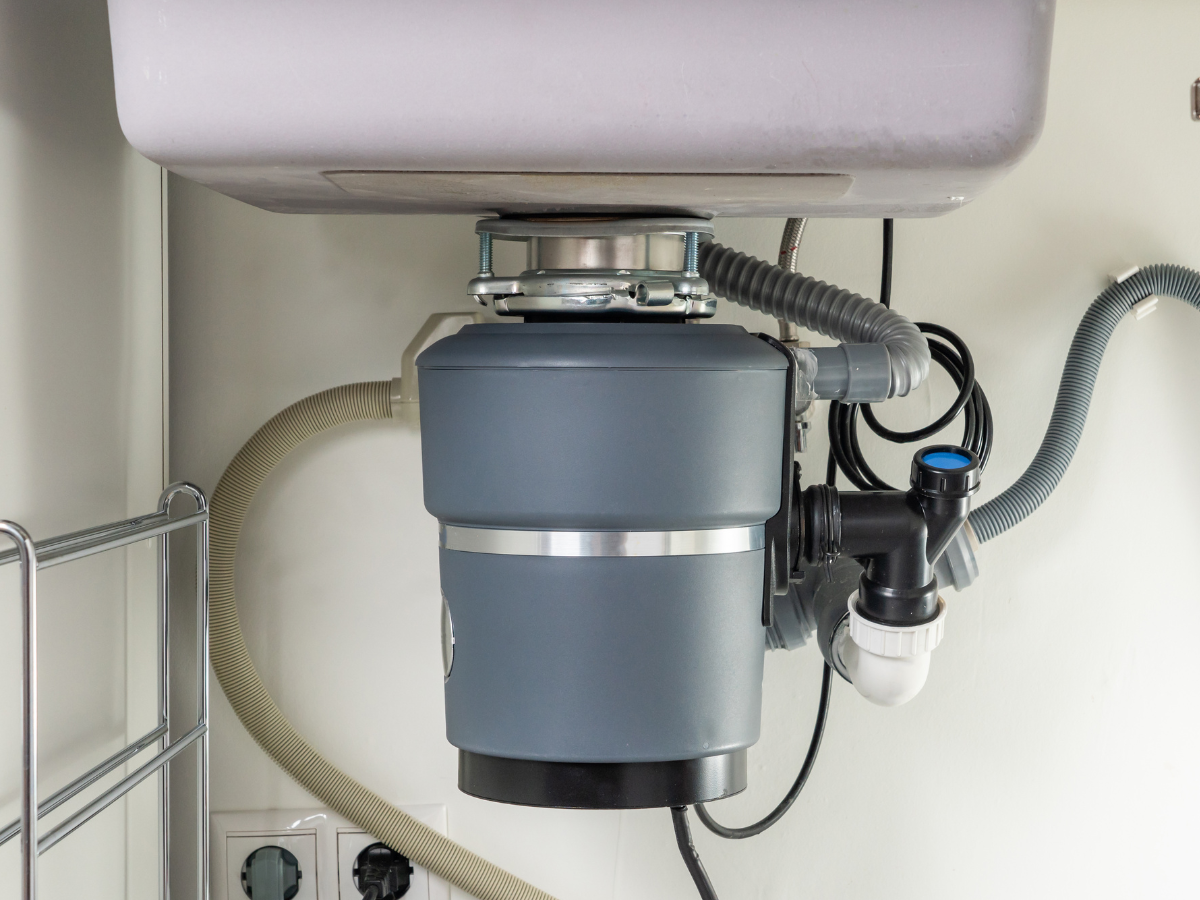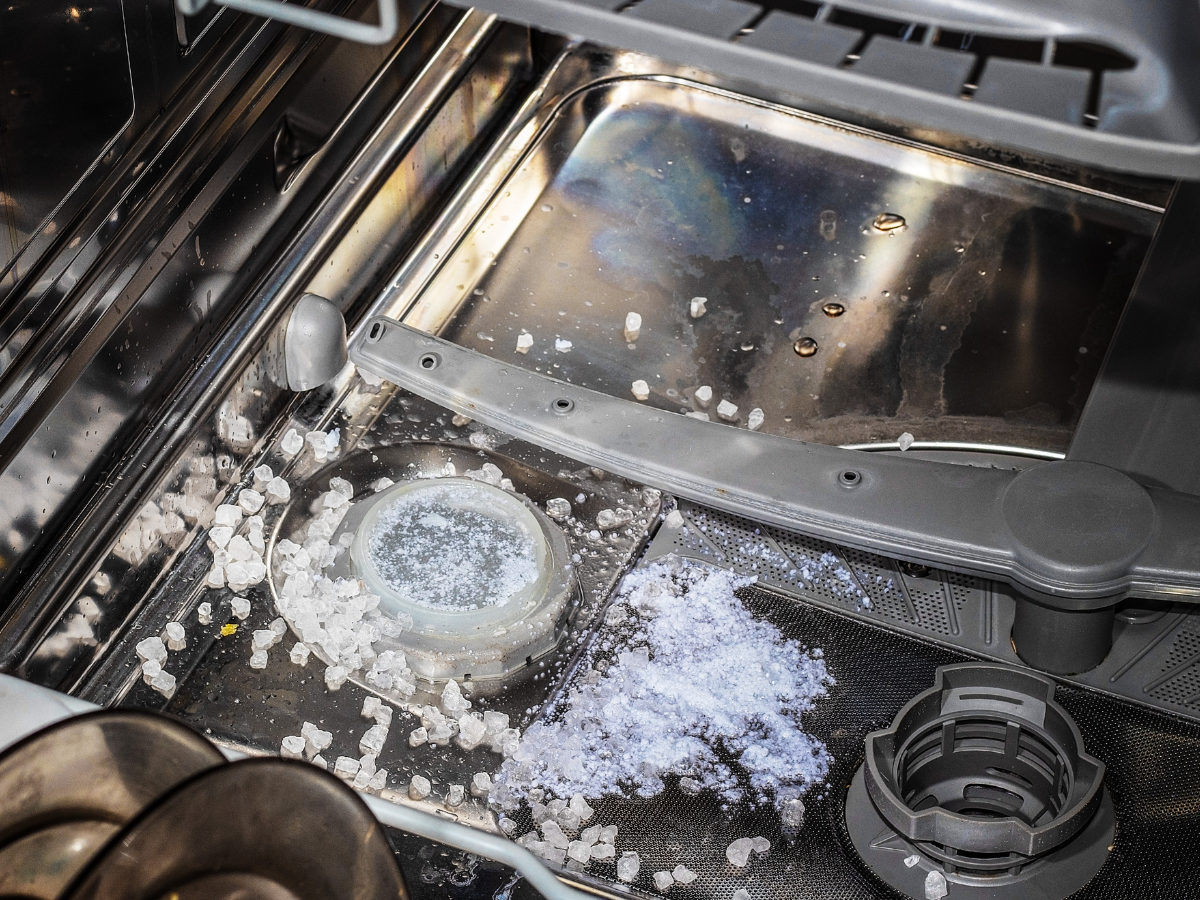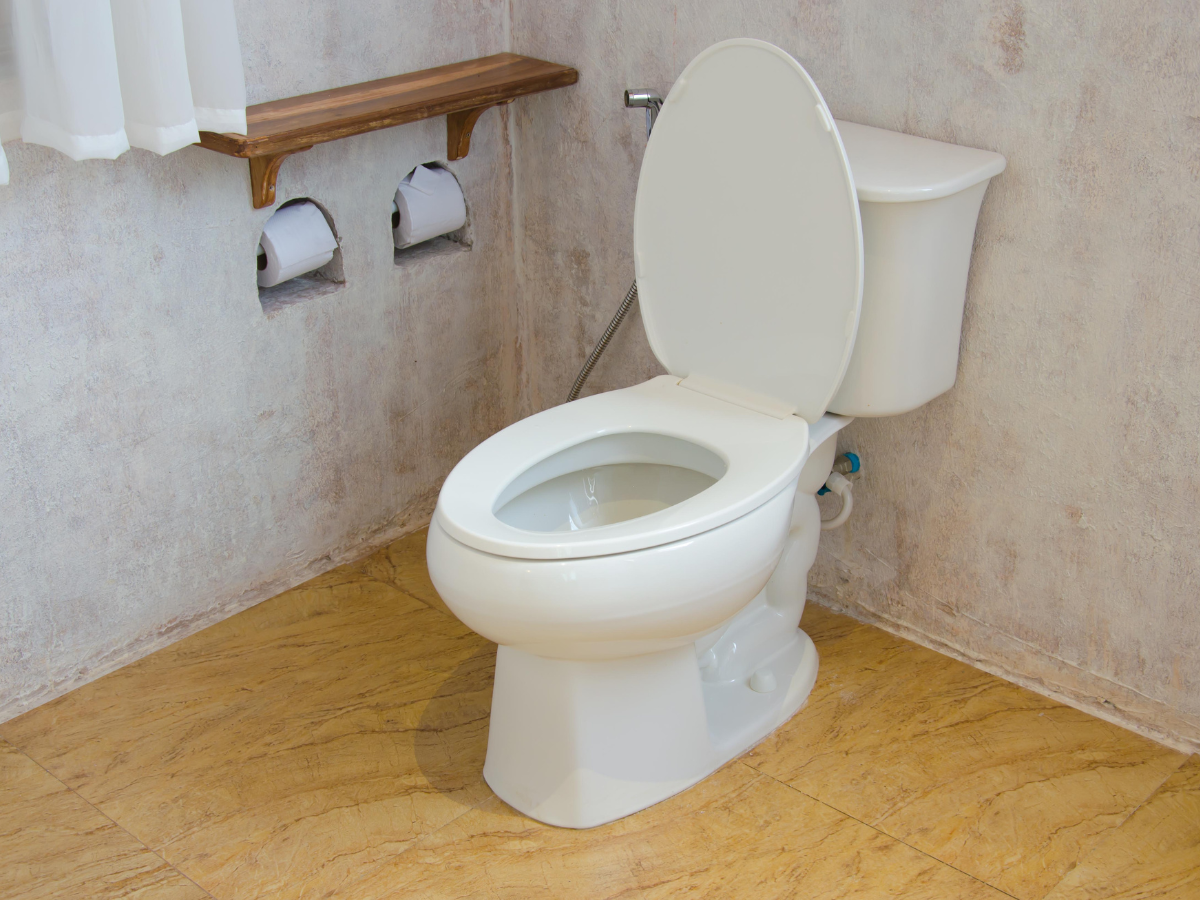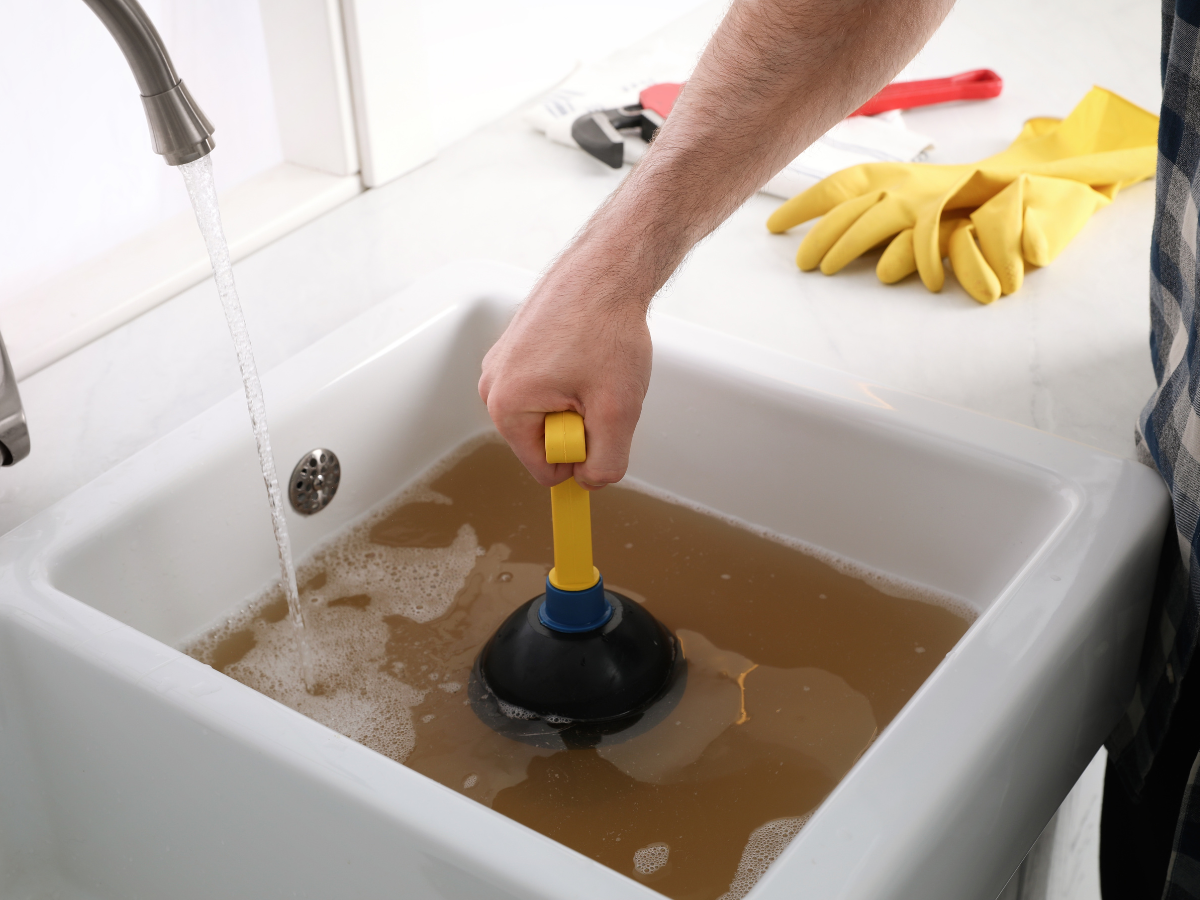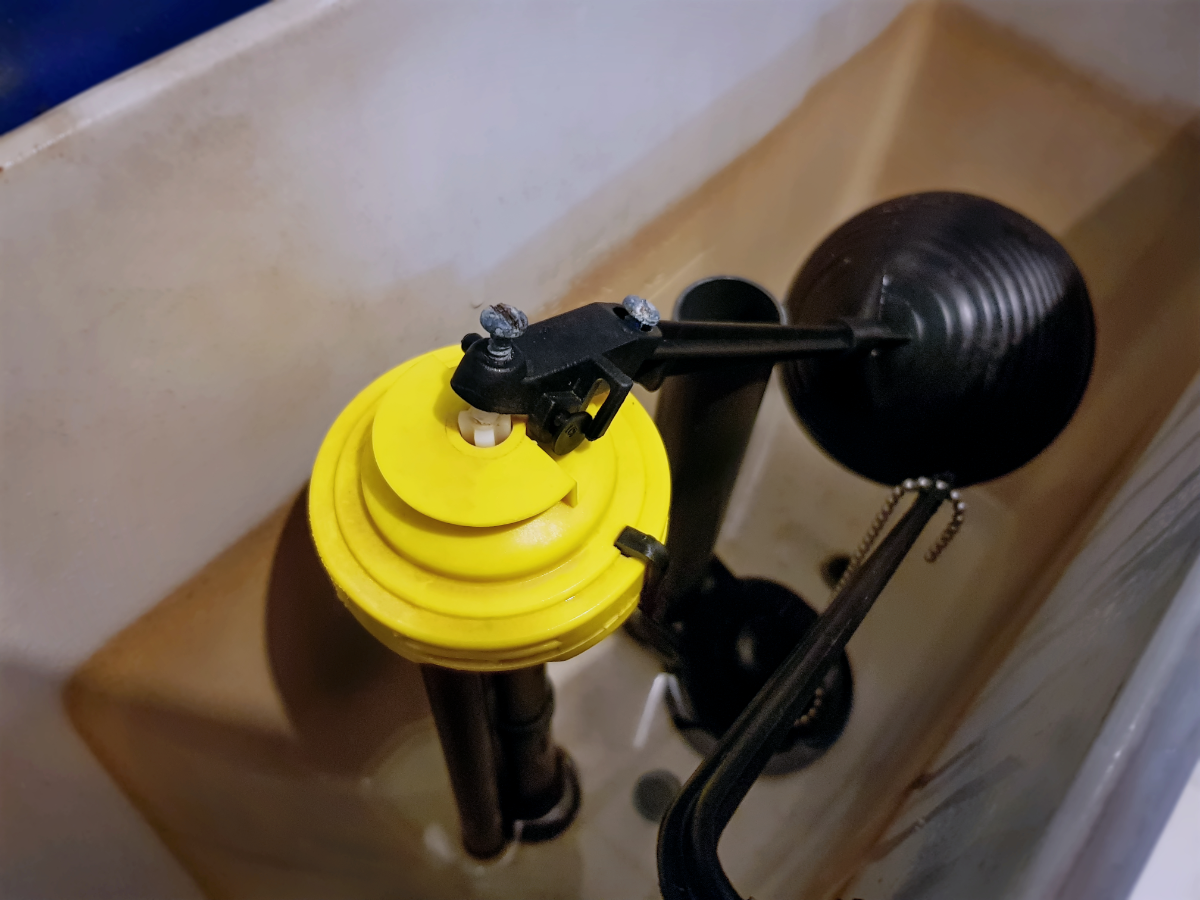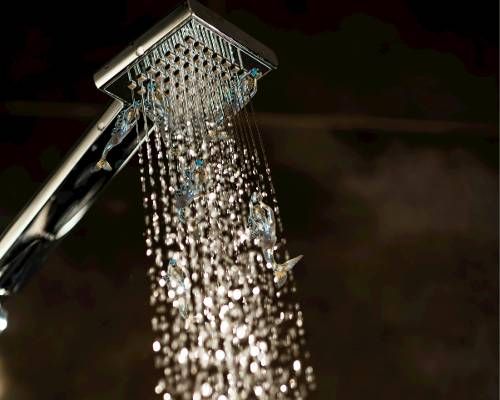Essential Water Heater Safety Tips
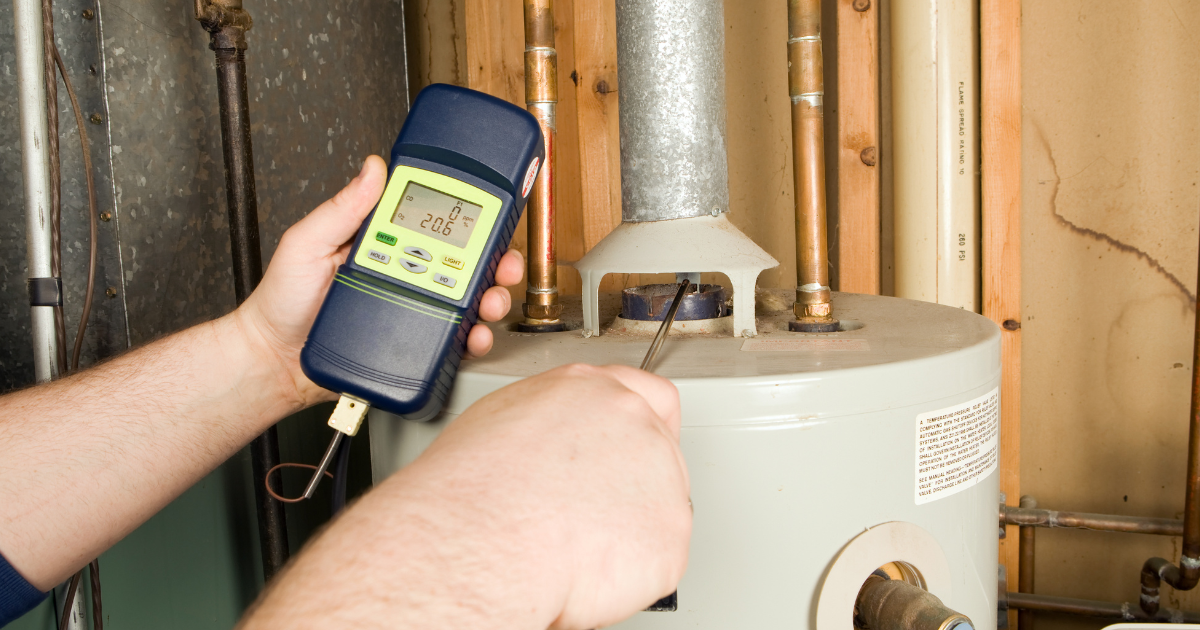
When it comes to maintaining a comfortable and functioning home, mastering the basics of water heater safety is a must. Full Speed Plumbing is here to guide you through the journey, ensuring your house remains warm and welcoming while keeping safety at the forefront. As we delve into the essentials, we’ll explore how heat, pressure, and temperature are intertwined in your water heater’s operation.
Today’s compilation of essential tips will equip you with the knowledge to handle your water heater with confidence, ensuring it continues to serve you seamlessly while prioritizing the safety of your household.
Stay tuned as we turn up the heat on water heater safety!
Installation Requirements
Before you begin the water heater installation process, there are a few requirements that you need to meet, including the following:
- Certified Technician: Trust the installation to a certified technician. They bring expertise and experience, ensuring safe and correct installation.
- Proper Tools: Have the necessary tools handy. This might include a pipe wrench, tubing cutter, solder, and flame protection cloth.
Location Selection
Choosing the ideal location is critical for safe water heater installation.
- Indoor Installation: The water heater should be installed indoors in an area free from freezing temperatures.
- Ventilation: Ensure there’s ample ventilation, which is essential for the efficient operation and safety of the water heater.
Clearances
Maintaining clearances is crucial to prevent overheating and ensure easy accessibility.
- Space Around Heater: Maintain a clearance of at least 12 inches on all sides of the water heater for safety and ease of maintenance.
- Close to Points of Use: While maintaining safety clearances, aim to install the heater close to points of use to minimize heat loss during transmission.
Local Building Codes and Regulations
Compliance with local codes is not just a legal obligation, but it also ensures the safety of the installation.
- Permits: Secure the necessary permits from local authorities before starting the installation.
- Inspections: After installation, arrange for an inspection by the local building department to confirm the setup aligns with local codes.
Remember, the specifics might vary depending on your location and the type of water heater. So, always refer to the manufacturer’s guide and consult with a local professional for accurate information.
Water Heater Safety Precautions for Homeowners
Adhering to safety precautions during the installation process is imperative to ensure the longevity of the water heater and those within the vicinity.
- Gas Connections: If your water heater operates on gas, it’s vital to hire a certified technician to manage the gas connections. Gas leaks can have severe consequences, so it’s best to leave this to the professionals. Always make sure to turn off the gas supply during installation and service.
- Electrical Wiring: For electric water heaters, be sure to disconnect the power supply during installation or servicing. It’s recommended to use a circuit tester to confirm that the power is off before working on the wiring. Never touch electrical wires with wet hands or in a wet environment.
- Venting: Proper venting is critical to prevent the build-up of dangerous gasses like carbon monoxide. Always ensure that the venting system is set up correctly and vent gasses to the outside. Regularly check for any blockages or leaks in the venting system, as this could lead to gas build-up.
Remember, safety should always be the priority when installing and maintaining a water heater. If in doubt, don’t hesitate to consult with a professional plumber.
Recognizing the Dangers Linked with Water Heating Systems
After working in the plumbing industry for several years, our team is familiar with the dangers of water heating systems. Some of these dangers include:
The Silent Threat of Carbon Monoxide (CO)
Inadequately vented gas water heaters, like those installed by non-professionals, can lead to a serious hazard – carbon monoxide (CO) poisoning. CO, a lethal, odorless, and colorless gas, can induce life-threatening health conditions or even cause fatality when present in large quantities. Typical symptoms of CO poisoning comprise headaches, dizziness, and feeling nauseous.
If you detect a potential CO leakage, evacuate the building without delay and alert emergency services.
The Issue of Water Damage and Flooding
A faulty or burst water heater can result in considerable water damage and flooding. This can compromise your home’s structural stability, instigate mold growth, and destroy personal property. The problem requires immediate attention. Discontinue the water supply, eliminate the surplus water, and get in touch with a professional from Full Speed Plumbing to repair or replace the heater.
Elements Leading to Water Heater Leaks and Floods
Numerous elements can trigger water heater leaks and floods. Common contributing factors include the age of the heater and improper installation, with high water pressure also being a significant concern. Regular inspections facilitated by Full Speed Plumbing can aid in the early detection of potential issues, allowing for efficient decision-making and problem resolution.
Proactive Steps to Minimize Risks
Several preventative strategies can aid in reducing the risks associated with water heaters and promote energy efficiency. The installation of a water heater pan is effective in catching minor leaks and condensation.
Leak detection devices can provide early warnings of water leaks, providing you with time to discontinue the water supply and engage professional assistance from Full Speed Plumbing. Moreover, regular maintenance not only aids in hazard prevention but also enhances the energy efficiency and life expectancy of the heater.
Fire Risks
Particularly with gas models, water heaters can pose a risk of fire if not appropriately installed and maintained. Fires can be triggered by the ignition of flammable vapors near the water heater, an issue that arises if items such as gasoline, paint thinners, or cleaning chemicals are stored too close to the heater.
To avoid such accidents, ensure the surrounding area of your water heater is clear of flammable materials and that the heater is installed and maintained by certified technicians from Full Speed Plumbing.
Essential Water Heater Safety Tips — Conclusion
Learning about the potential hazards associated with water heating systems and the measures to prevent them is paramount for your safety and well-being.
Utilizing the right products and professional installation and maintenance services from Full Speed Plumbing can make a significant difference. Regular professional inspections ensure the detection of potential issues early on, preventing possible leaks, floods, or fires. Therefore, don’t compromise when it comes to the safety of your household.
Reach out to Full Speed Plumbing today, and let us handle your water heating needs with expertise, efficiency, and care. Our team is just a telephone call away.

